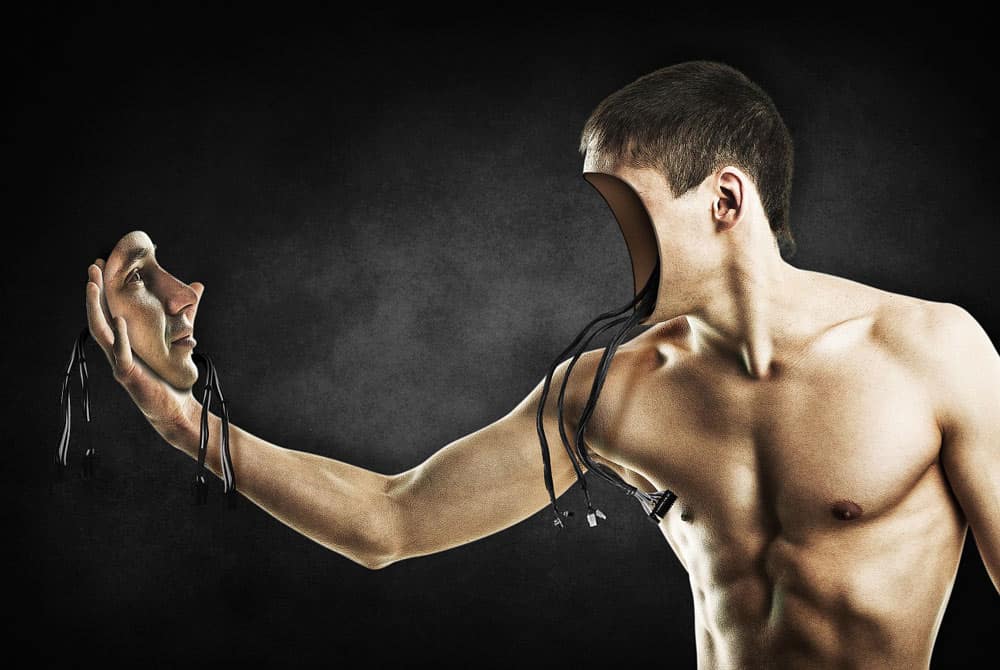By Rachael Everly, freelance writer
Did we think of a future where machines could function by themselves and do stuff which up till now only seemed science fiction?
The dream is here, as automation turns that vision of robots and machines thinking on their own true.
Machines were just the evolution of tools to a more advanced stage and they served the same purpose although giving us a much better rate of productivity. We could never have envisioned anything without the use of machines.
They were a part and parcel of being human, they defined our species. The forever obedient, subservient servants of humankind.
In the times to come, we wouldn’t see drivers in cars, only passengers, we won’t see doctors diagnosing or performing surgeries, we wouldn’t see teachers in classrooms, only students.
Yes, all of this is on the verge of becoming part of our everyday reality but the ultimate dream of a better and richer future for humankind is seemingly riddled with a lot of considerations as well. They have always been there; we just came to know of them as the tide of automation approached our shore. They are the part of automation’s promise of delivering a better future, let’s look at them closely:
INCREASE IN PRODUCTIVITY
Machines do induce increases in productivity but they also come with their costs which makes the equation quite complicated to work out how much advantage will they provide over a certain period of time.
With prior efforts of mechanisation, we replicated the power of physical strength and multiplied it, for example animals that plowed fields were replaced by farm equipment like tractors that did the same work albeit more powerfully.
But automation is a completely different ball game altogether, where we are trying to replicate, for the very first time, the prowess of the brain.
A task never done before. Machines, like computers, aided our mental efforts but when it comes to thinking on their own and coming to conclusions without human intervention, automation will be very big disruption and is bound to increase productivity by acting as a human substitute altogether while the same human can be put to task on some other thing. It’s more like we are producing more humans, although smarter.
This has the ability to change the world and the way we look at productivity in the years to come by making possible things, which we only thought humans with supernatural abilities, would be able to do.
REPLACING HUMANS
It becomes a quite intriguing scenario when the advantage of something is also its disadvantage. Automation, in its efforts, will strive to replace humans with a better substitute for the same kind of work, but what will happen to those humans who are currently employed in that work for now?
The resulting job loss will be immense and it’s not like previous eras of mechanisation where unemployed humans could be re-absorbed back into the economy in some other sphere.
… but one thing is certain, a control mechanism would be required to keep our servant on a leash, to stop it from biting its own master in the future
For example, as the technology for driverless trucks moves forward, the only remaining middle-class job that doesn’t require a college degree would be seriously under threat and what else will drivers do if they don’t drive trucks?
Driverless trucks will be able to operate 24/7 without the need to stop and rest and will reduce the biggest cost in the transportation industry. Productivity could double as costs are halved.
Despite this consideration, the race for driverless trucks is still moving ahead by companies like Otto. This is a huge concern for automation and might cause some huge implications for the job industry in the future.
THE PROBLEM OF EVIL
This has been the subject of countless science fiction movies as when a machine, most preferably an AI led robot goes out of the hand of its creator and causes destruction on a mass scale, threatening to rule all while doing it.
The possibility of this happening in reality could be quite high as when a machine would learn to think on its own after sweeping through a set of data, much like us humans, and endowed with superhuman prowess to boot, turning evil and desecrating its own master would be an increasingly likely scenario.
After all, aren’t we mirroring ourselves in that AI- machine life form? We are asking it to think like us, will it not catch on our qualities and inclinations as humans as well?
The answer to this is still under consideration, it might be scary or it might be meek, but one thing is certain, a control mechanism would be required to keep our servant on a leash, to stop it from biting its own master in the future.
About the blogger
Rachael Everly is an undergraduate student who loves to write on the topics related business, finance and education.
Follow her on Twitter for further updates.



